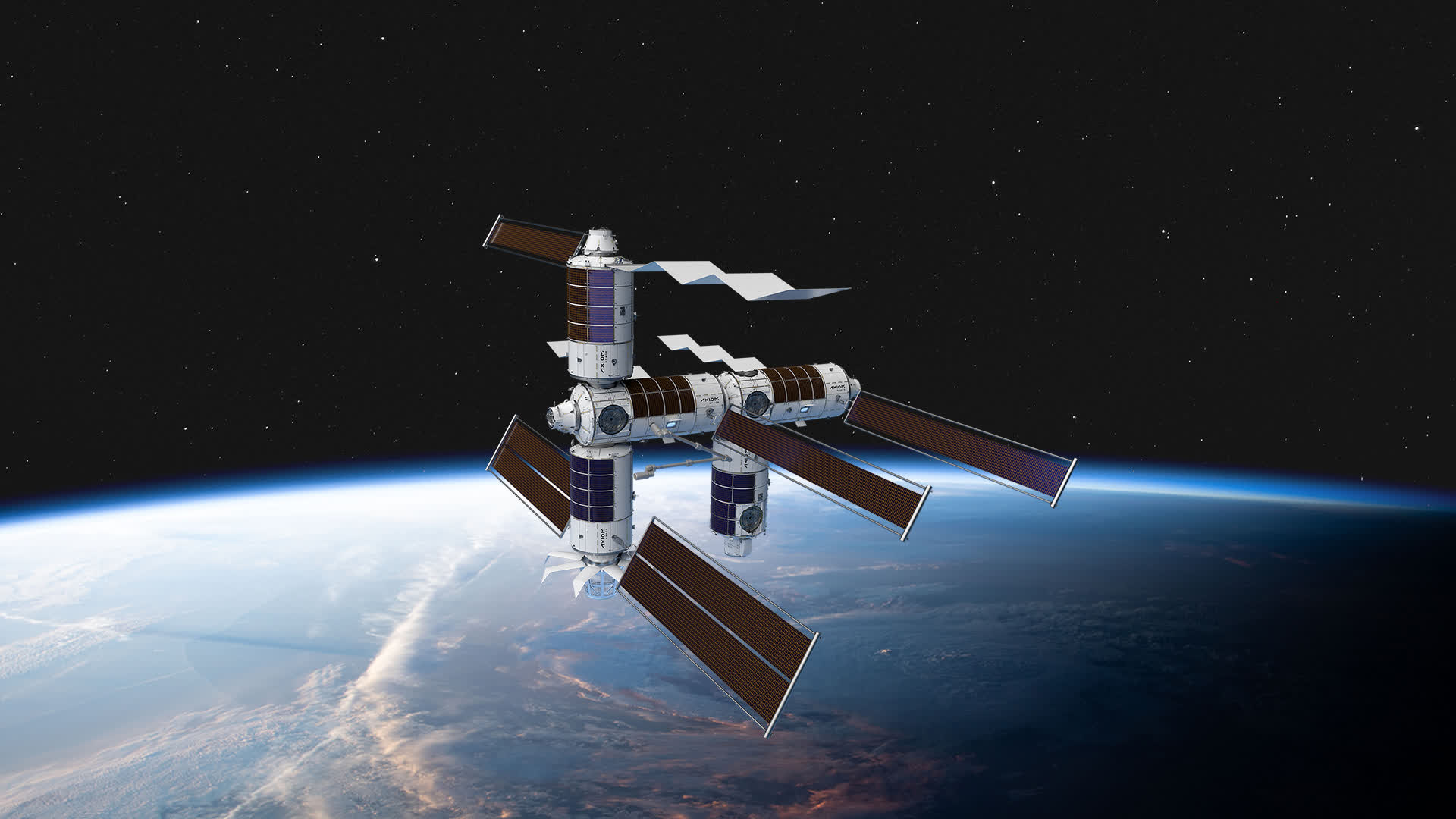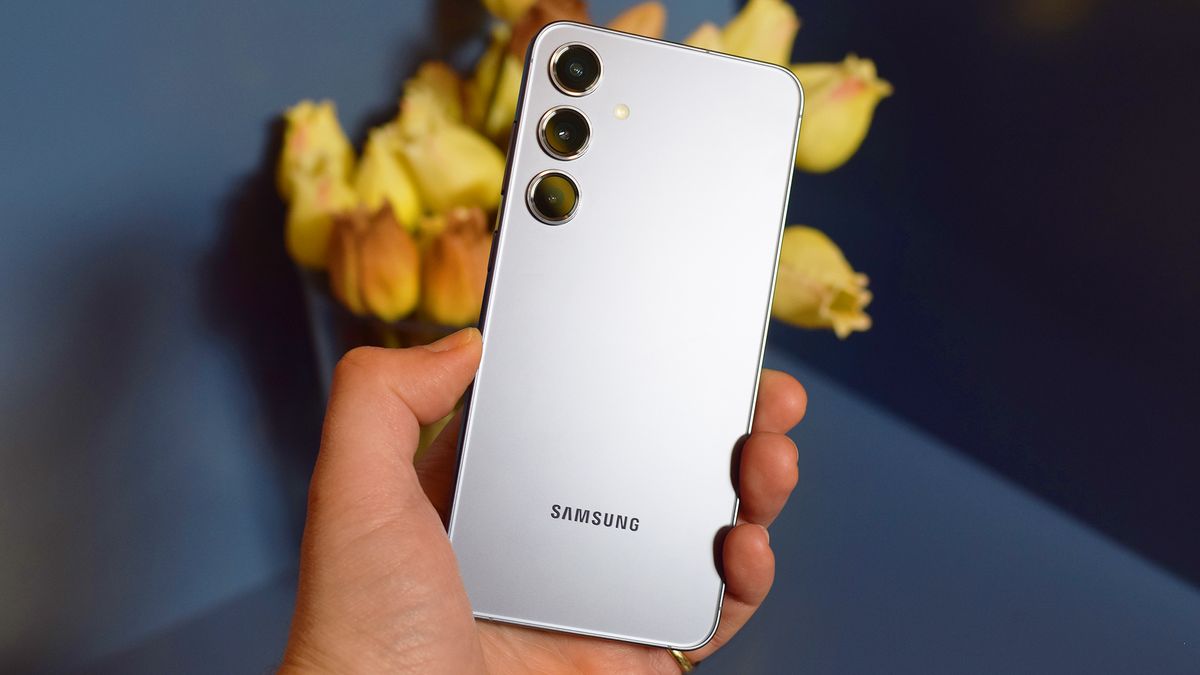Serving tech enthusiasts for over 25 years.
TechSpot means tech analysis and advice you can trust.
Forward-looking: A US space firm is trying to convince Taiwan's semiconductor giants to take their chipmaking operations off-planet. The idea is that the microgravity and vacuum environment could produce super-pure semiconductor materials that are impossible to make on Earth.
Axiom Space is a Houston-based firm that runs end-to-end missions to the International Space Station. It recently visited Taiwan to propose the idea of producing chips in space. Leading the charge was Dr. Koichi Wakata, Axiom's chief technology officer for Asia-Pacific and a former Japanese astronaut who was also once a commander aboard the ISS.
At a space science conference in Kaohsiung last November, Wakata laid out Axiom's vision of a commercial space era where companies can use the unique conditions in space to conduct groundbreaking research and development to manufacture revolutionary products. He claimed various sectors could benefit from space manufacturing, including biotech, pharmaceuticals, semiconductors, and even 3D-printed artificial organs.

Divya Panchanathan, Axiom's in-space semiconductor commercialization lead, told Channel News Asia (CNA) that gravity messes with the crystal structure of advanced chip materials during manufacturing on Earth. Impurities can also creep in from the atmosphere or processing equipment.
Manufacturing in low-Earth orbit eliminates those problems. The lack of gravity allows crystals to grow more uniformly and perfectly while the vacuum prevents impurities. Panchanathan says this enables the production of larger, higher-quality crystals that could offset the sky-high costs of making chips in space.
Wakata reckons future partnerships could start by sending experiments to the ISS. Axiom is the only commercial entity whose modules can connect to the International Space Station, so it's already halfway there. While the ISS will retire in 2030, Axiom plans to shift operations to a planned private space station. The Axiom Station will first attach to the ISS, then separate as a free-flying commercial destination following the ISS's decommissioning.
Of course, making anything in space is still stupidly expensive right now. Currently, launching just a kilo of equipment or cargo costs thousands of dollars, and that's before factoring in maintaining an orbital factory. Even with cheaper rides like SpaceX's Falcon Heavy, it's unclear if premium space-grown crystals could justify the astronomical price tag. Still, Axiom thinks the economics could eventually pan out.





/cdn.vox-cdn.com/uploads/chorus_asset/file/25623086/247270_Apple_watch_series_10_AKrales_0631.jpg)



 English (US) ·
English (US) ·